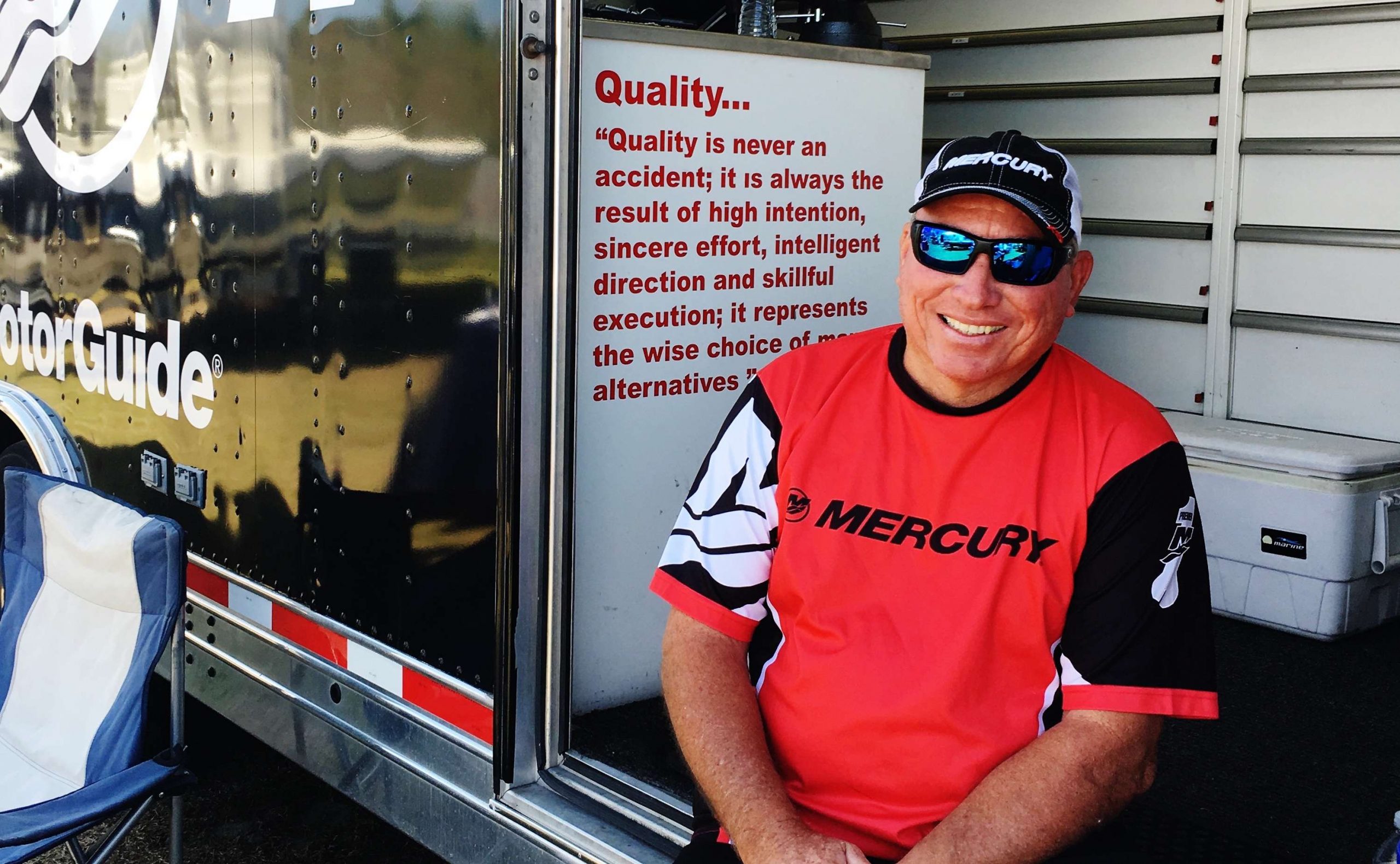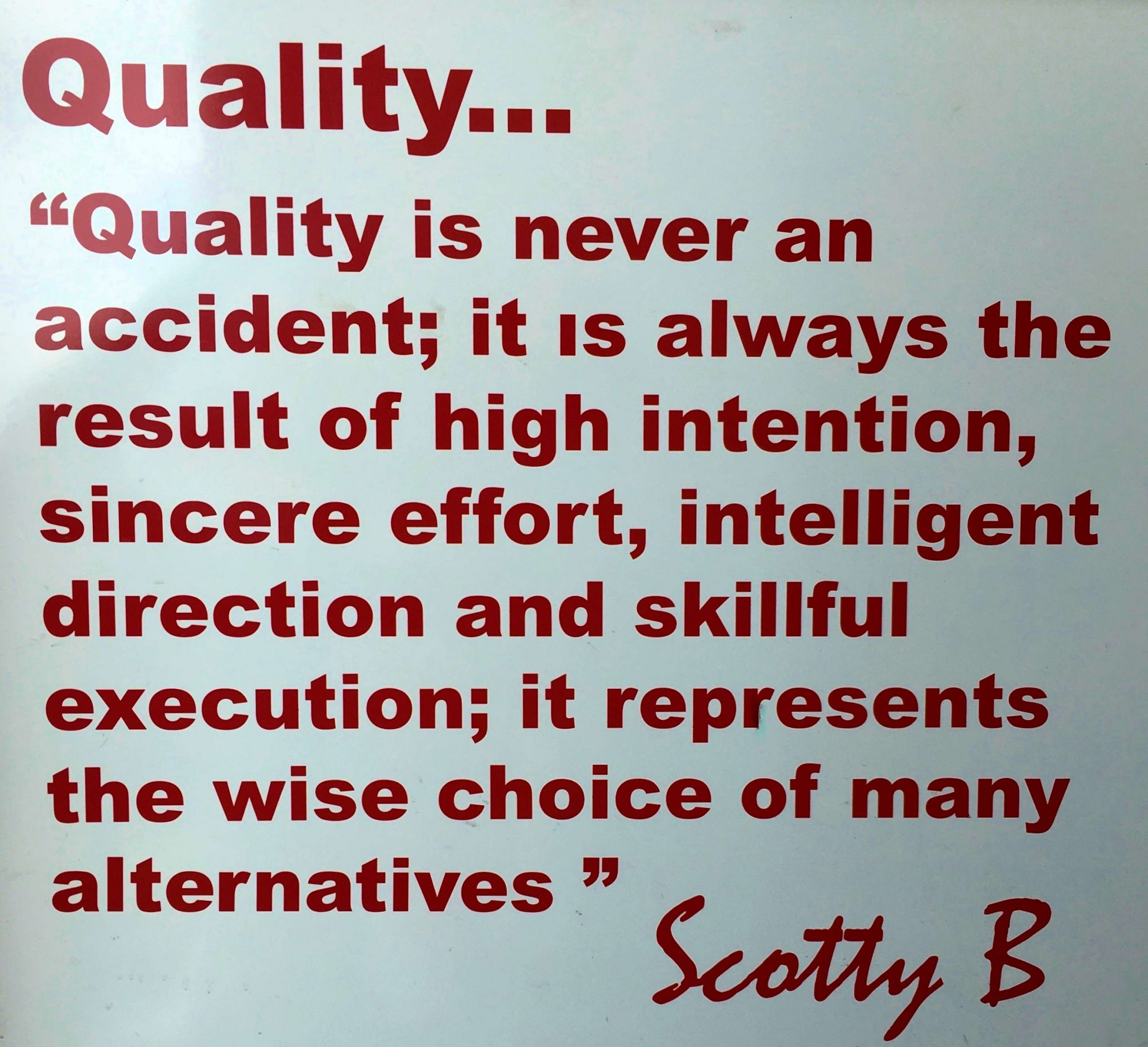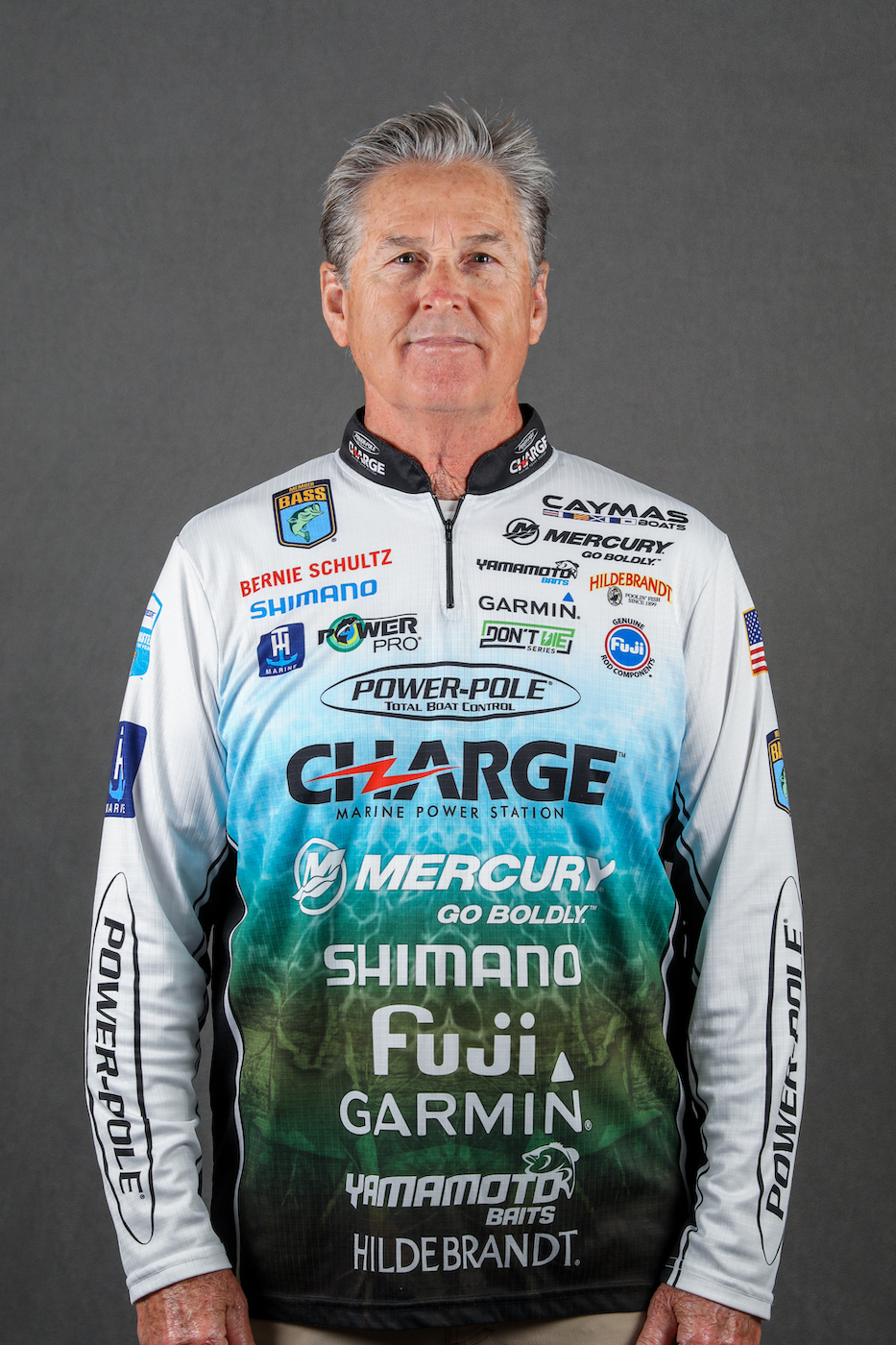
There is an indisputable truth in tournament fishing: No matter how many fish you catch or how big they are, if you can’t get them to the scales, they don’t count.
That’s just how it is. And it might surprise you how often minor mechanical failures stand between a professional angler and his success. Worse, most could easily be avoided with a little preventive maintenance.
Mercury Marine tech Scott Beattie knows this better than most. He says, “It’s incredible! A tournament angler will devote all the time in the world to rigging his tackle, yet virtually none on the equipment that gets him back to weigh-in.”
A longtime veteran with Mercury’s Technical Support Team, the man known as “Scotty B” has seen it all firsthand. And he insists that if anglers would spend just a few minutes going through a simple pre-flight checklist, they could avoid most mechanical failures.

For Scotty, taking care of the touring pros and their equipment isn’t just his job, it’s his passion, and he’s fully committed to it. He wants every angler out there to have a positive experience on the water, whether they’re fishing competitively or just for fun. And he knows a little preventive maintenance can help make that happen.
With that in mind, here’s Scotty B’s quick checklist of things to look out for.
Prop Problems
One of the simplest yet frequently ignored things to check is fishing line caught behind a propeller. It takes just minutes to remove a prop and it can save you thousands in repairs … or tournament losses.
If left undetected, discarded fishing line (especially braid) can cut into and compromise the seals that contain and protect the oil inside the gear case. Simply put, if the oil goes out, water is going in … and that can cause premature failure of the gear case. So remove your prop frequently to make sure you’re not doing any harm to those seals.
Lubed & Ready
Speaking of lubricants, Scotty also stresses the need for gear case maintenance.
Oil — any kind of oil — can and will break down over time, and heat accelerates that process. He recommends changing the lower unit oil after every 30 hours of use.
While that may sound a little extreme — particularly for the weekend bass clubber — Scotty emphasizes that tournament boats are more like racecars. “Their engines are run harder in all types of climates and conditions, and therefore require additional maintenance. Don’t skimp on lower unit lubes. Do them often and be sure to use the lubricants prescribed by your outboard manufacturer.”
Breaking Bad
Engine mounting bolts are something else to consider. Whether it occurs through long-distance trailering or rough water rides, they can work themselves loose from vibration and cause serious problems.
Just ask Aaron Martens. It cost him a Bassmaster Elite Series victory on the Detroit River in 2013. And if it had happened a day earlier, it could have cost him the Angler of the Year title!
Aaron was fishing more than 60 miles from check-in. In the afternoon on the fourth day of competition, the wind and waves picked up considerably, making the return trip a serious challenge. Just as he was about to enter the Detroit River, he encountered even larger swells — waves that had stacked higher due to a stiff wind against opposing current.
That’s when all hell broke loose.
During the long, bumpy run, the bolts holding the engine to the hydraulic jackplate had loosened to the point that they were rattling. After impacting a set of large waves, the bolts sheared off completely. He never made it to weigh-in and took a zero in the final round of a tournament he could have won.
Don’t let this happen to you. By simply tightening the bolts, you can prevent catastrophic failure and increase your odds of making it back to the scales.

Steer Crazy
Anytime you plan on taking the boat out, Scotty B strongly suggests shaking the engine back and forth laterally. If there’s any play in the steering arm, tighten it. If you don’t, excessive wear to the steering cylinder can result and quickly cause premature failure.
Believe me, there’s nothing scarier than losing control of your boat while under power. Nothing good comes from it, and it can even be lethal.
Watch this short video of two collegiate competitors and you will see just how dangerous it can be.
Oil & Water
Another precaution to consider is securing the oil and fuel caps. As simple as this sounds, you would be surprised how often it’s neglected.
Some boats have a single oil-fill cap to access the reservoir; others have an additional cap mounted remotely on the boat’s exterior for easier access. If either of these caps are loose, the system could suffer a pressure loss, which in turn can force the engine into “power reduction mode.” If that happens, your 30-minute run to weigh-in could suddenly take an hour or more.
If a gas cap is left loose or open, it will allow water to enter the fuel tank. And we all know what that can bring. So be sure all oil and fuel caps are tight before you launch the boat.
One other note on oil: Scotty B also suggests sticking to the oil type your engine manufacturer recommends. Straying to discount brands could cost you in the long run. He claims, “The refinement process of engine oil and other lubricants is critical. The more refined they are, the better they will perform.”
In essence, he’s saying you get what you pay for. So spend a little extra now to avoid paying big bucks for expensive repairs later on.
Making Connections
If there’s a weak link in any bass boat, it’s in the batteries. At some point or another, we’re all victimized by battery failure. To help avoid these problems, Scotty offers these easy, preventive measures.
First, he says to be sure the batteries are big and strong enough, and that they are sufficiently charged. Too many anglers are under the assumption that an engine alternator will keep the cranking battery charged. Not so, says Scotty.
“Alternators are not battery chargers,” he explains. “They’re intended solely to maintain adequate voltage to the engine. So it’s up to the operator to make sure the cranking battery is healthy and fully charged.”
While he concedes that apathy diminishes as competitive anglers move higher in the ranks, careless mistakes can still occur … even at the Elite Series level. So before your next event, exercise a little preventive maintenance … so you’ll be sure to make it back to weigh-in on time.

